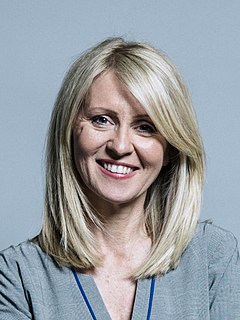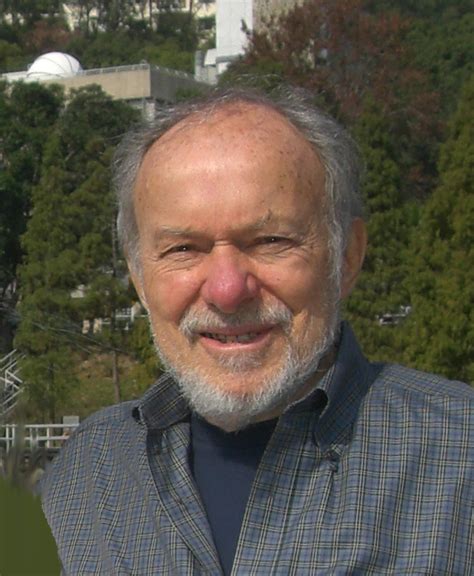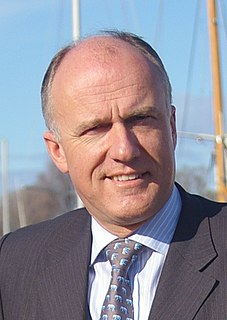A Quote by Mao Zedong
The question is not whether or not there should be a cult of the individual, but rather whether or not the individual concerned represents the truth, if he does then he should be worshiped.
Related Quotes
The question should not be whether or not police are allowed to confront suspects; it should be about how we train them. The question should not be whether we have police; it should be how we use them. The question should not be whether judges should have the ability to protect New Yorkers from violent offenders; it should be how we let them.
How you answer the question, whether individuals should be persuaded to live their whole lives in a state of chemical dependency, first upon contraceptive steroids and then on replacement therapy, depends upon your regard for the autonomy of the individual. If men would not live their lives this way, why should women?
I have to say, I think that we are in some kind of final examination as to whether human beings now, with this capability to acquire information and to communicate, whether we're really qualified to take on the responsibility we're designed to be entrusted with. And this is not a matter of an examination of the types of governments, nothing to do with politics, nothing to do with economic systems. It has to do with the individual. Does the individual have the courage to really go along with the truth?
[T]he crucial question is not, as so many believe, whether property rights should be private or governmental, but rather whether the necessarily 'private' owners are legitimate owners or criminals. For ultimately, there is no entity called 'government'; there are only people forming themselves into groups called 'governments' and acting in a 'governmental' manner. All property is therefore always 'private'; the only and critical question is whether it should reside in the hands of criminals or of the proper and legitimate owners.
Watching first nights, though I've seen quite a few by now, is never any better. It's a nerve-racking experience. It's not a question of whether the play goes well or badly. It's not the audience reaction, it's my reaction. I'm rather hostile toward audiences?I don't much care for large bodies of people collected together. Everyone knows that audiences vary enormously; it's a mistake to care too much about them. The thing one should be concerned with is whether the performance has expressed what one set out to express in writing the play. It sometimes does.
I am somewhat uncertain whether there is a definite factual question as to whether natural language handles truth-value gaps. Nor am I even quite sure that there is a definite question of fact as to whether natural language should be evaluated by the minimal fixed point or another, given the choice of a scheme for handling gaps. We are not at the moment searching for the correct scheme.
Things like Kitchen Cabinet, I'm not sure they necessarily tell the Australian people whether you have judgement, whether you have discernment, whether you have intellectual acuity, whether you are able to develop policy, whether you are able to represent individual cases to the highest levels of government successfully and in a manner that actually achieves outcomes.
True prayer is done in secret, but this does not rule out the fellowship of prayer altogether, however clearly we may be aware of its dangers. In the last resort it is immaterial whether we pray in the open street or in the secrecy of our chambers, whether briefly or lenghtily, in the Litany of the Church, or with the sigh of one who knows not what he should pray for. True prayer does not depend either on the individual or the whole body of the faithful, but solely upon the knowledge that our Heavenly Father knows our needs.








































